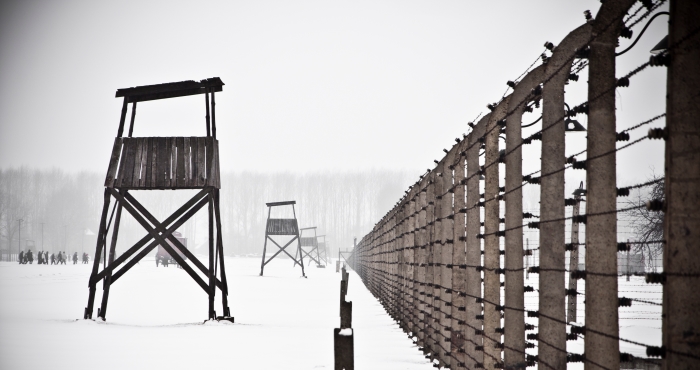
Holocaust Remembrance Day (Yom Hasho’ah) allows us to memorialize the greatest tragedy experienced by the Jewish people in modern times. It reminds us that, wrapped up in that unfathomable horror, were millions of individual lives—real people with real stories. It is up to us to learn and share these stories on their behalf. Together, we say we must never forget. Rituals for Yom Hashoah vary. Some communities read names of people killed in the Holocaust, some observe moments of silence. New liturgy is still being developed, and it is sadly relevant, since genocide continues to plague our world.
“A cemetery twice desecrated / A people the world long forgot”
Rooted in the traumas of Jewish history, we reach out in solidarity with our neighbors who are oppressed
Subscribe for the latest rituals, online learning opportunities, and unique Judaica finds from our store.